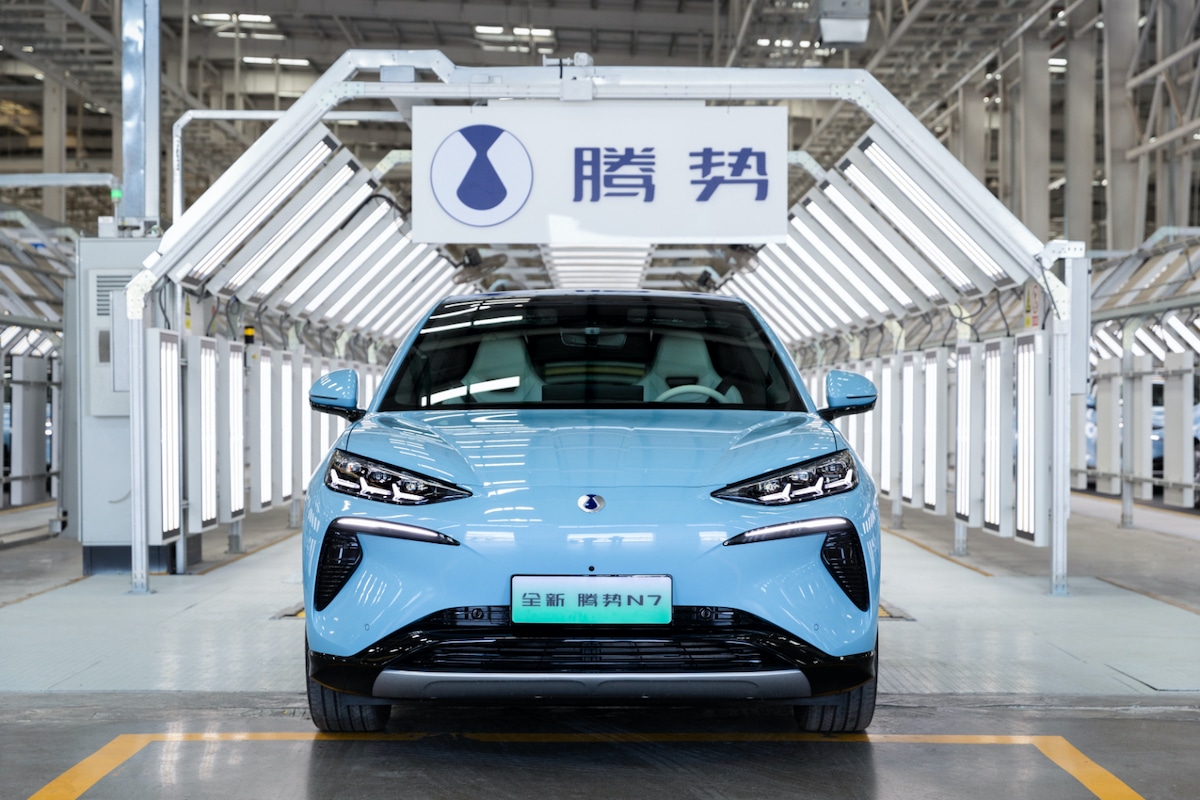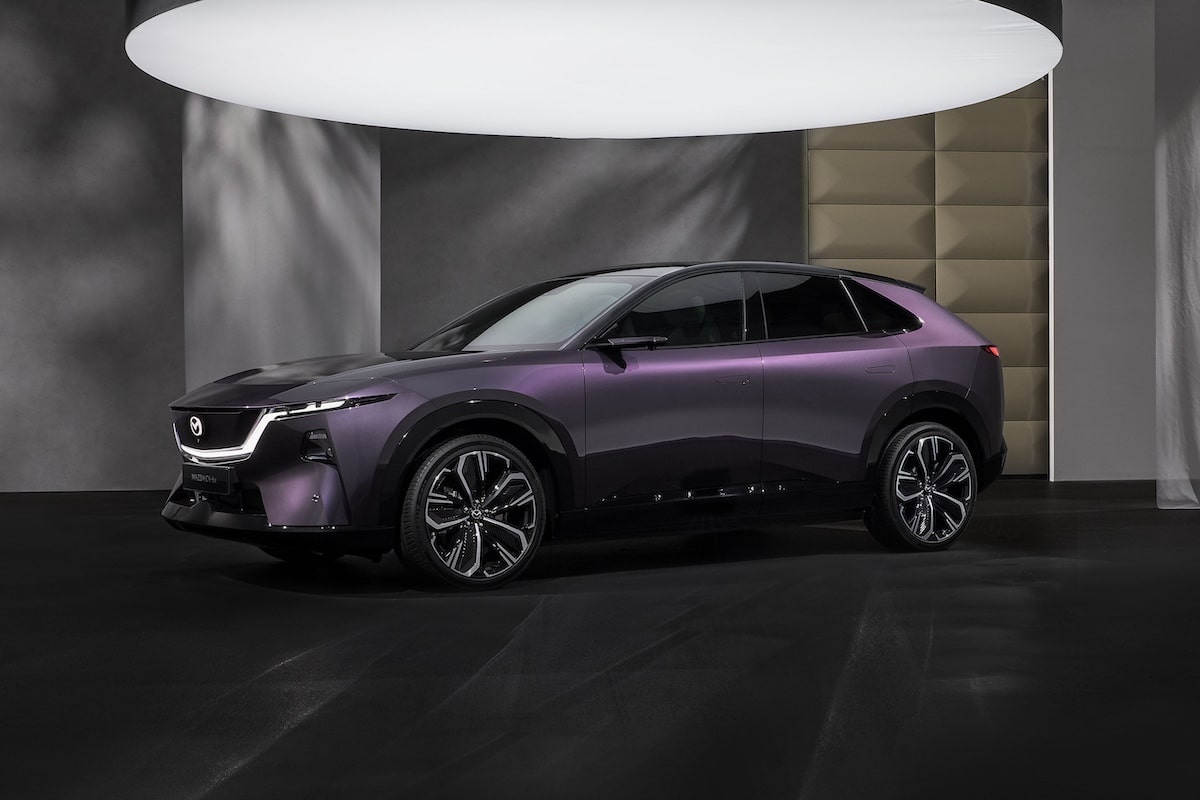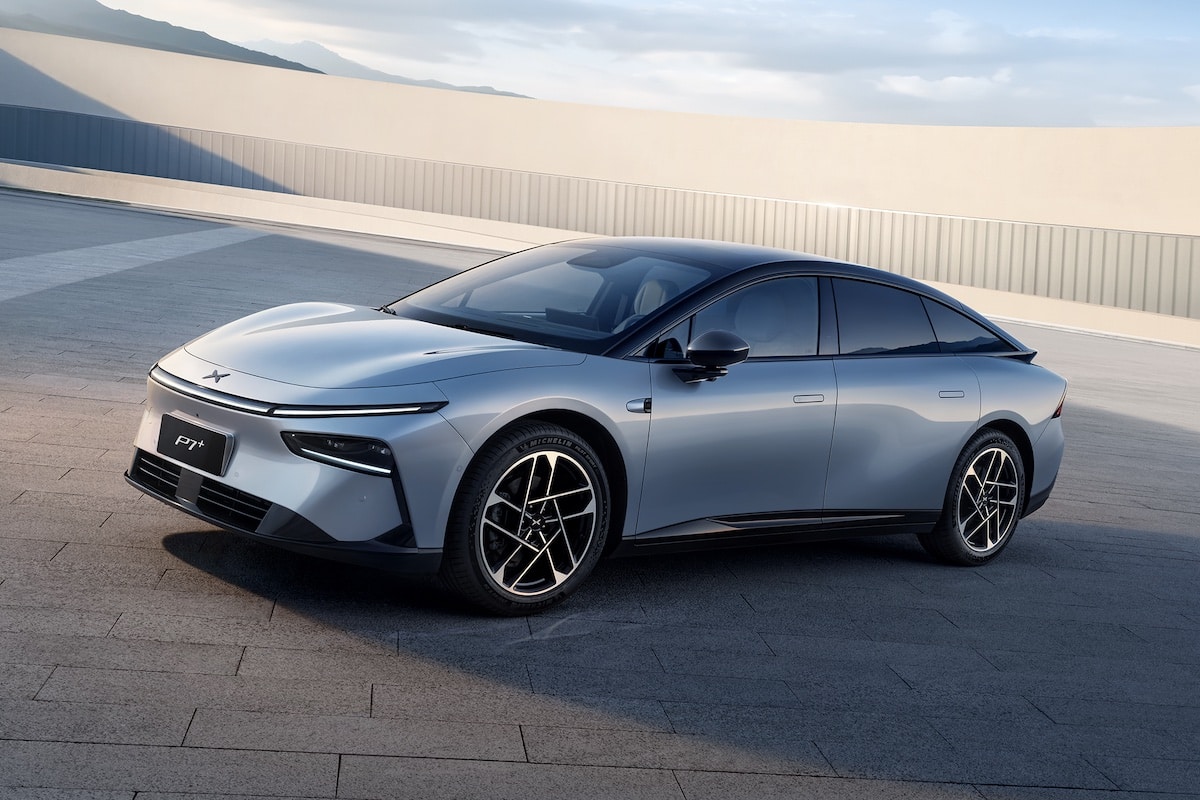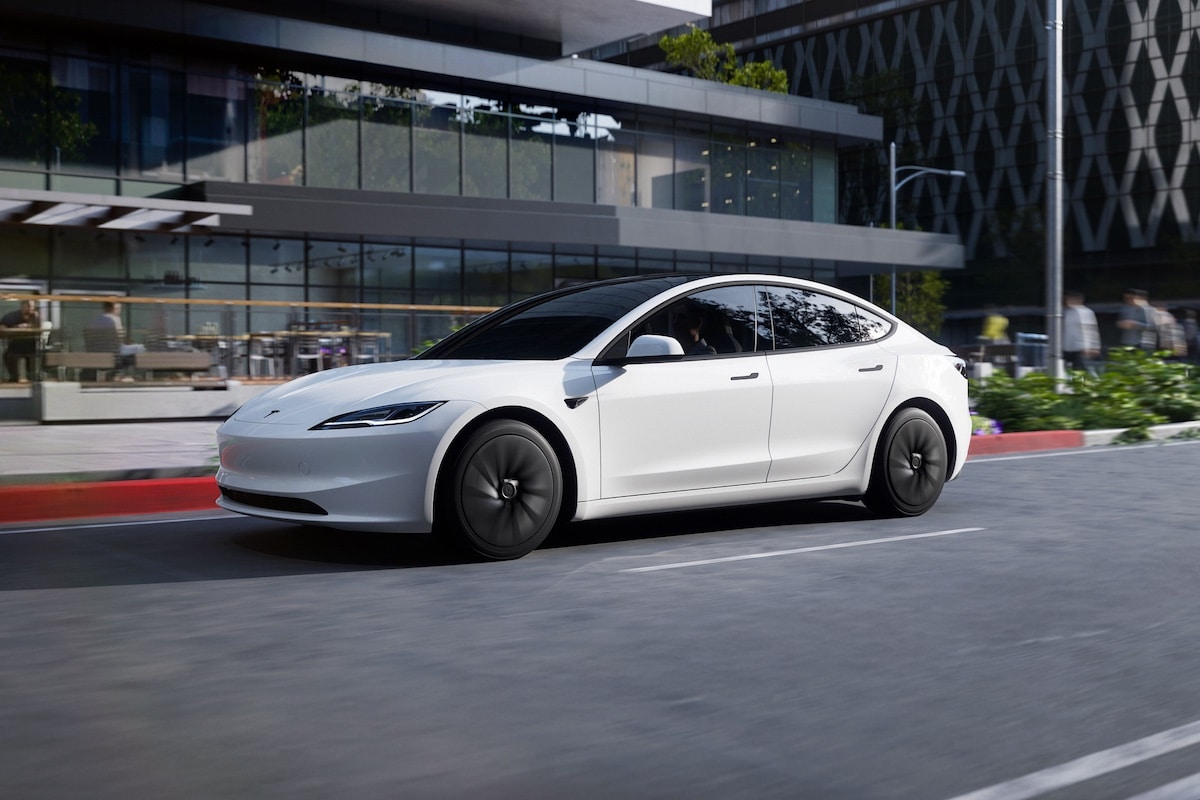Does the Chinese taxpayer pay for our electric cars?

Magic money does not exist, and the Chinese government’s support for the electric vehicle industry internationally comes at the expense of the country’s residents.
The amount of government aid to the Chinese automotive industry, particularly for electric vehicles (EVs), is significant. By 2022, China had already provided approximately $5.6 billion in subsidies to its EV industry. A notable portion of these subsidies has gone to companies like BYD, which received at least $3.7 billion in direct government aid to strengthen its position in the EV race.
Furthermore, in 2023, China announced a major package of tax incentives, totaling 520 billion yuan (about $72.3 billion) over four years to support the electric vehicle market. These subsidies include purchase tax exemptions for new energy vehicles (NEVs), which are expected to continue in 2024 and 2025.
These measures aim to reduce costs for manufacturers and consumers, thus making Chinese EVs more competitive in international markets, including Europe. Ultimately, these subsidies are funded by Chinese taxpayers, which means that, indirectly, they financially support the purchase of EVs by European consumers through these competitive and subsidized pricing policies.
Nobody complains in China?
- Government subsidies:
China has massively subsidized its electric vehicle (EV) industry. These subsidies have helped Chinese manufacturers reduce production costs, making their products more competitive internationally. The subsidies are funded by tax revenues, meaning that, indirectly, Chinese taxpayers contribute to funding these companies. - Competitive pricing:
Due to the subsidies and other forms of government support, Chinese EV manufacturers can sell their products at lower prices than their foreign competitors. This aggressive pricing strategy can sometimes be perceived as a price war. European consumers then benefit from lower-priced EVs, partially funded by Chinese subsidies. - Market strategy:
By entering the European market with attractive prices, Chinese companies seek to gain market share quickly. This strategy may be costly for Chinese companies in the short term, but it is supported by government policies aiming to establish a dominant position in the global EV market. - Impact on Chinese taxpayers:
The cost of subsidies and support for the EV industry is absorbed by the Chinese economy and, by extension, by its taxpayers. Thus, although EVs are sold in Europe, the initial financial support comes from public funds.
In summary, it is reasonable to say that Chinese subsidies, funded by Chinese taxpayers, play a crucial role in the competitiveness of Chinese EVs in the European market. From this perspective, one can indeed argue that Chinese taxpayers are partially subsidizing the EVs purchased by European consumers. This situation reflects China’s broader economic strategy to dominate the global market for green technologies.
READ ALSO: Is Tesla anticipating a war between China and Taiwan?
This page is translated from the original post "Le contribuable chinois paie-t-il nos voitures électriques ?" in French.
We also suggestthese articles:
Also read





